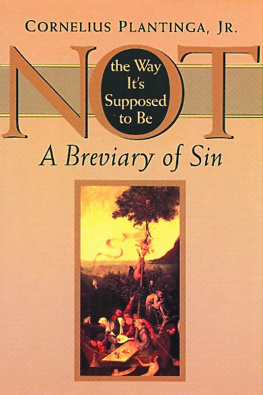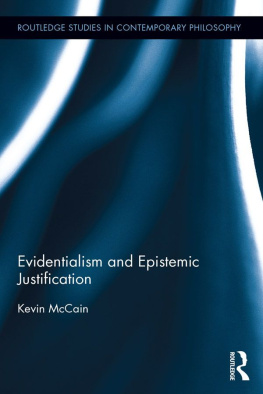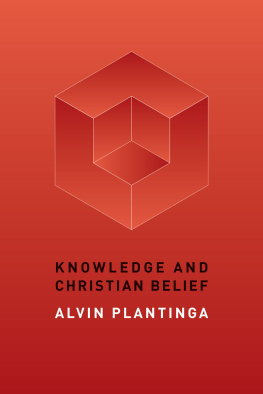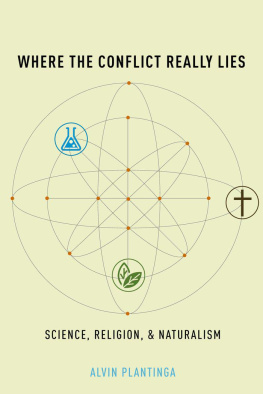Kelly Fitzsimmons Burton - Reason and Proper Function: A Response to Alvin Plantinga
Here you can read online Kelly Fitzsimmons Burton - Reason and Proper Function: A Response to Alvin Plantinga full text of the book (entire story) in english for free. Download pdf and epub, get meaning, cover and reviews about this ebook. year: 2019, publisher: Public Philosophy Press, genre: Science. Description of the work, (preface) as well as reviews are available. Best literature library LitArk.com created for fans of good reading and offers a wide selection of genres:
Romance novel
Science fiction
Adventure
Detective
Science
History
Home and family
Prose
Art
Politics
Computer
Non-fiction
Religion
Business
Children
Humor
Choose a favorite category and find really read worthwhile books. Enjoy immersion in the world of imagination, feel the emotions of the characters or learn something new for yourself, make an fascinating discovery.

- Book:Reason and Proper Function: A Response to Alvin Plantinga
- Author:
- Publisher:Public Philosophy Press
- Genre:
- Year:2019
- Rating:5 / 5
- Favourites:Add to favourites
- Your mark:
Reason and Proper Function: A Response to Alvin Plantinga: summary, description and annotation
We offer to read an annotation, description, summary or preface (depends on what the author of the book "Reason and Proper Function: A Response to Alvin Plantinga" wrote himself). If you haven't found the necessary information about the book — write in the comments, we will try to find it.
there is a long history in Anglo-American epistemology that
traces back to the classical internalist views of Rene Descartes
and John Locke. Internalism is the view that an individual
has special access to that quantity or quality that makes true
belief into knowledge. This internalism, according to Plantinga,
is motivated by deontology or epistemic duty fulfillment.
Closely connected with epistemic deontology is justification.
Justification (or what Plantinga prefers to call warrant) is that
quantity or quality, enough of which makes true belief into
knowledge. Plantinga strongly objects to the deontological
view of justification, claiming that no amount of duty fulfillment
can get us to knowledge. He says justification is neither
necessary nor sufficient for warrant.
In Warrant: The Current Debate (hereafter WCD) Plantinga
examines several versions of internalism from Classical
and Post-Classical Chisholmian internalism, several forms of
coherentism, to reliabilism to show that none of these views
get us to that quantity or quality enough of which makes true
belief into knowledge. Plantinga rejects all of these views,
arguing that what is needed is a view that takes into account the
proper function of our cognitive faculties. He then proposes to
give a more accurate account of warrant in Warrant and Proper
Function (WPF). Plantingas theory is that a belief is warranted
if it is formed by cognitive faculties functioning properly in an
appropriate environment and according to a good design plan.
The purpose of this book is to examine Plantingas view of
cognitive malfunction in connection with his view of warrant
and his rejection of the traditional view of justification. I
will argue that the cognitive faculty of reason does not and
cannot malfunction in the way that Plantinga either explicitly
or implicitly suggests. Consequently Plantingas criticism of
justification does not stand. I argue further that if reason is
not subject to malfunction and is thus reliable, the traditional
view of justification having appropriate reasons for belief
in conjunction with true belief, possibly with the addition of
a fourth condition (the carefulness criterion) will get us to
knowledge.
Kelly Fitzsimmons Burton: author's other books
Who wrote Reason and Proper Function: A Response to Alvin Plantinga? Find out the surname, the name of the author of the book and a list of all author's works by series.









